|
Now that we’ve finally gotten all the preparatory work out of the way, we got to start our actual experimenting today. The room was filled with teens decapitating fly heads, connecting batteries to vials, and trapping flies in chambers. Personally, I was testing for fly anxiety with a social space assay and memory with, well, a memory assay. The social space assay went smoothly. I had 16 glass chambers and worked knocking out and transferring flies to these chambers down to a science. In five minute increments, I went down the line and took photos of each chamber, and the assay was done quickly. Okay, that wasn’t too bad. I was doing pretty well. But then came the memory assay. Ah, yes, the dreaded, challenging memory assay that only one girl in the history of TRIP conquered without giving up like the rest. I hoped to be like that girl. The procedures seemed simple. Knock out the starved flies with ice, throw them into the training apparatus, and just move the slider back and forth for 30 seconds per scent. Once they are trained, put them into the testing device and hit record on a camera. There are two scents in the training apparatus. One smells like pineapples. The other smells like bananas. The one that smells like bananas has a sucrose solution to condition the flies to go to the banana smell. There’s a rest vial in between. But you see how in the photo, the flies have to travel up into the vials to reach the smell and sucrose? Well, these flies were lazy, and they thought, “Hm, how about we just stay in the bottom vial, so we don’t even get to associate any smell with sucrose?” The flies wouldn’t cooperate. I thought the memory assay difficulty was exaggerated, but when the flies themselves don’t do what they’re supposed to, it’s kind of hard to actually go through with the experiment. So I had to improvise, scrap the techniques, and make up my own method separate from anything I had knowledge of existing. I got petri dishes, added the scents to those, and put the flies in the dishes, so they’re actually exposed to what they were supposed to smell. And it might have worked if I didn’t have a 5% survival rate, meaning I started with 120 flies, and I was down to 7 by the end of the ordeal. Some died from drowning after being left in ice for too long, some got stuck in the sucrose, some inhaled too many fumes, and others spontaneously died for seemingly no reason at all (although they were weak from starvation, so…) The moral of the story is that the memory assay was quite the adventure, and I felt like I had failed (but hey, that’s when you learn the most). However, I’m planning on trying a glucose assay on Tuesday since it’s not worth risking killing off my actual flies since these were just practice ones. Then Thursday, I might give this another go, now that I know what needs to be improved. Wish me luck.
Author: Sasha Temerte
0 Comments
Hi! My name is Emma Müller and I am a rising senior at Perkiomen Valley High School! Theater is my life and I love to sing and act. I currently work at Landis Supermarket, Gap Outlet and the PVHS pool as an instructor. I am passionate about neuroscience and psychology and hope to pursue this in college but who knows!! My project for TRIP has been very exciting for me! I have never thought this much about science in my life and I am thrilled to be pursuing my interest. I am studying the effects of Holy Basil at varying concentrations on the stress levels of flies, but mainly I am studying how short term exposure to an ethanol/water solution affects the mating activity of male flies. So basically I'm getting a bunch of flies drunk to see how attracted they are to the ladies. I am interested in this because one of the hot topics in psychology is the reward system and both mating and alcohol are major rewards for a fly brain. Though I am very excited about my project., I have struggled a lot. I took on a lot this summer with three jobs, 5 APs, 2 shows, college apps, vacations, etc. and I have been falling behind in my math and my performance. However, the teachers in this program are so kind and forgiving and work with me to help keep my passion alive and to not allow it to be buried by fear and anxiety. As I go through the process, I am learning more about myself then I would have ever imagined. I laugh all the time and feel like I'm becoming a real scientist, a feat I never thought was possible. Even though I screw up and get frustrated, I wouldn't change this experience for the world. My teachers and my classmates are just stellar human beings and I love to be around such intelligent minds!
Here's to TRIP and all the flies!! Author: Emma Muller Here's a secret: I have a fear of bugs. Why, you may ask, did I then apply to a science program where all we do is work with flies? Well, I'd do anything for the sake of science. And as long as these flies are trapped in vials or knocked out, I'm perfectly fine. Except, you know, those moments when they wake up too quickly from being knocked out while I'm still in the middle of transferring them between two vials, so they're just lying on the table when they begin to twitch and hover around, leading me to freak out and slam petri dishes over groups of them so they don't escape. It's a lovely time. Really. Wouldn't trade it for anything else (No, but seriously, it was actually quite a wild experience, if your idea of wild is panicking over flies that, well, fly.) Needless to say, the wonderful mentors helped me out in this dire time and taught me how to effectively transfer them even as they were awake. All while a camera was aimed to beautifully capture my horrified reaction as I tried it myself. (I did get it in the end though! Granted, it was stressfully, but it was the best stress I could have asked for at the time.) So what is the lesson you should learn from this? Well, for one, even if you're inherently terrified (like me) of anything that's smaller than two centimeters that flies, you'll be okay if you still did TRIP. And two, don't be afraid to ask for guidance right off the bat, so you don't have to deal with flies trying to commit jailbreak from their tubes. (Are they aware they're in vials? Or are they blissfully living in the peace of their own unknowing ignorance to this fact? The world may never know.) In other news, today most of us spent the day sorting hundreds of flies and making lots and lots of fly food. It sounds tedious, but it's quite a calming activity, really. But hey, that's not as fascinating as hearing a story about flies on the loose, am I right?
Author: Sasha Temerte It’s already the third day of TRIP, and I must say, I’m very impressed by all the other members and the coordinators of the program. It’s lots of fun, the environment is relaxed, we’re incredibly productive, and everyone’s extremely nice. On the first day, we learned the basics of what we’ll be doing, set up fly food vials (with and without a drug of our choice), and created grape plates. The drugs we chose affected everything on the scale from fertility to anxiety to metabolism. On the second day, we put some of those flies under stress and learned how to sort them. Today, we finally got a look at how our flies are developing and measured behavioral assays. For this introduction experiment, I chose the drug Valerian, meant to help with anxiety and insomnia. I combined this with a head trauma hit at a 40 degree angle, 3 times, from something that closely resembles some sort of medieval torture device. Then, the behavioral assay I observed was social space, which indicates the mood or condition of the flies—the further apart they stand from each other, the more stressed, upset, and anti-social they seem to be. Can you believe it? Anti-social flies! Gosh, it’s almost as if these flies have behaviors similar to humans. (Hint: They do. That’s why they’re used in labs.) However, the results I personally received were unexpected and inconclusive, and this is likely due to experimental errors. As this was our first time trying to measure these aspects, we each learned the dos and don’ts, and we’ll be presenting our results and advice to the rest of the lab on Thursday. Author: Sasha Temerte
|
Archives
April 2024
Categories
All
|
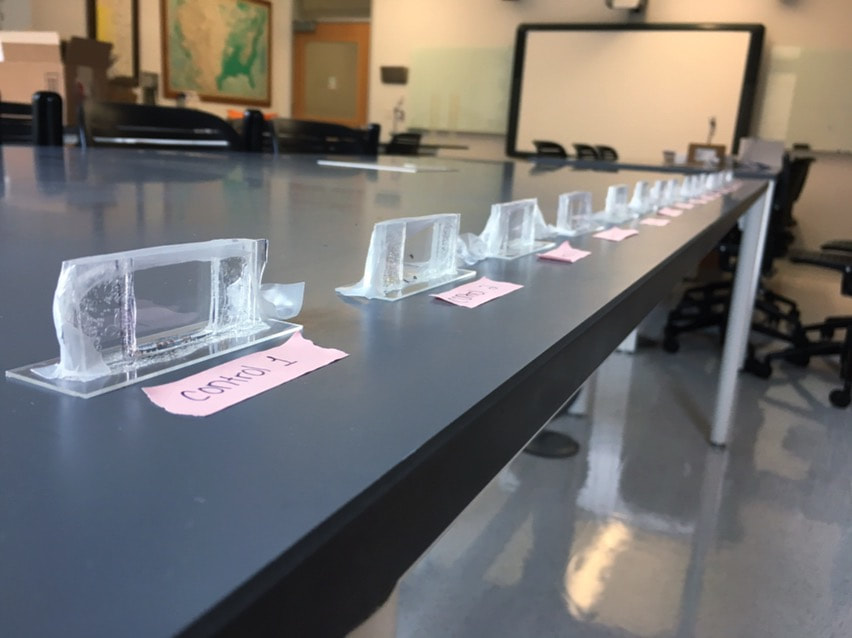
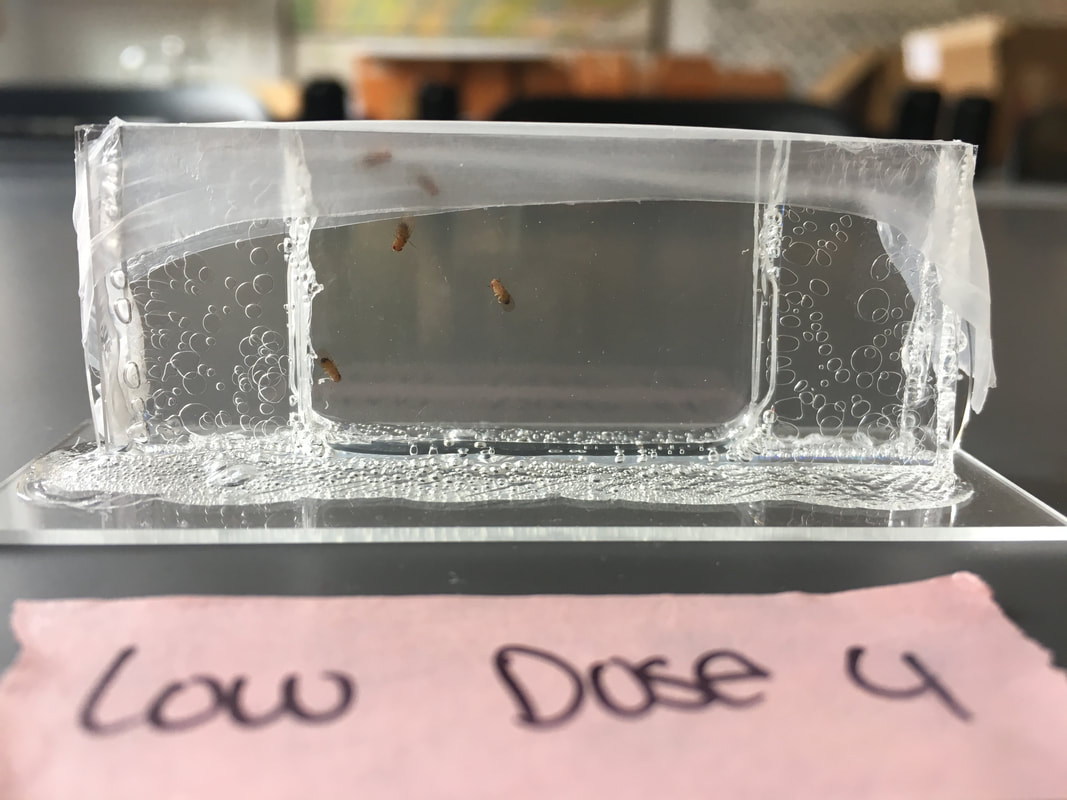
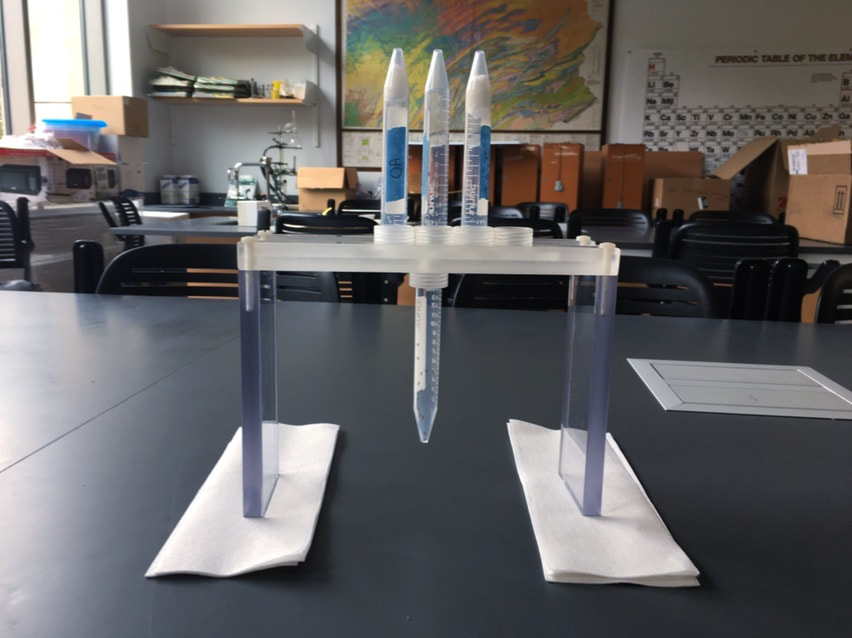
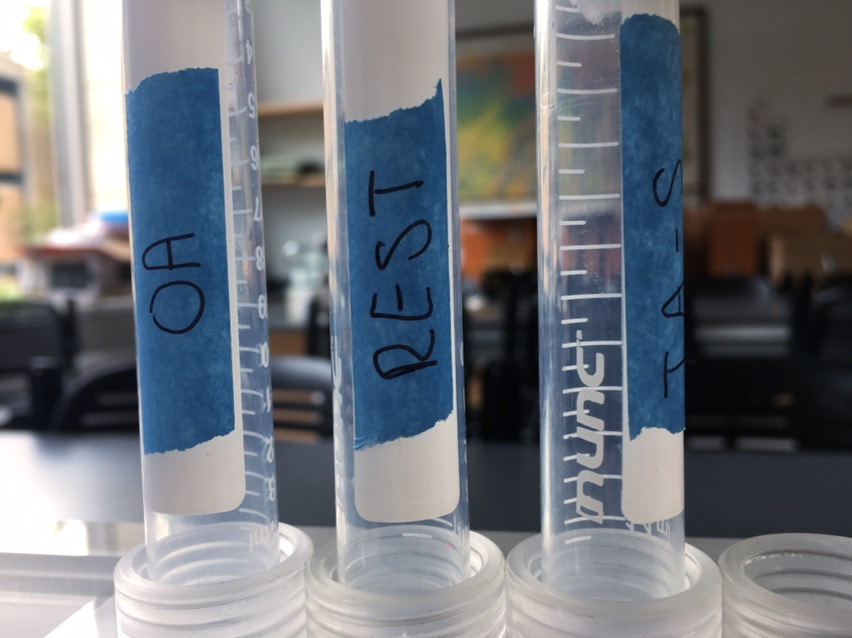
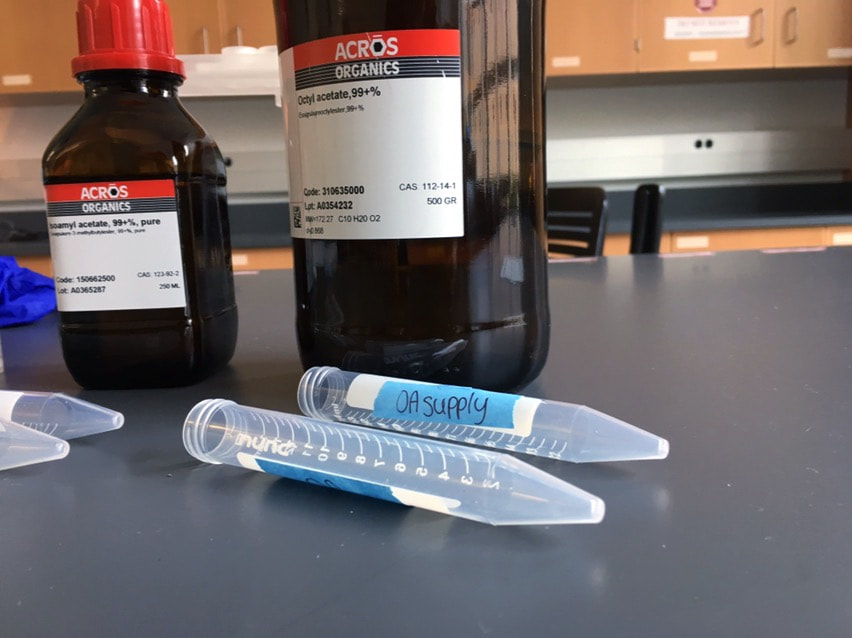
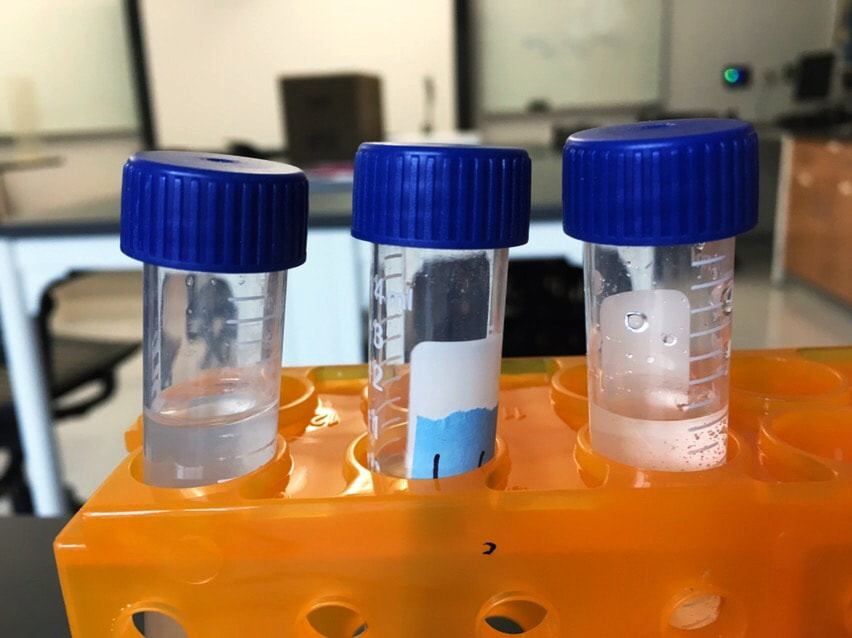
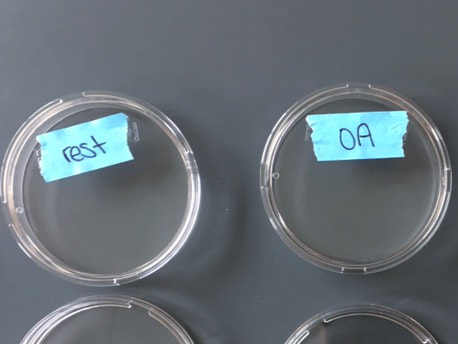
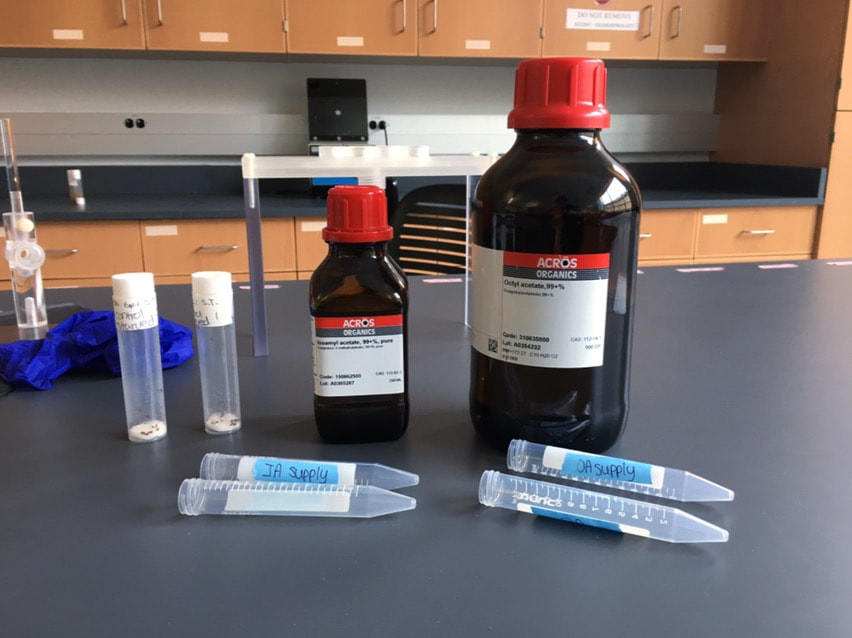
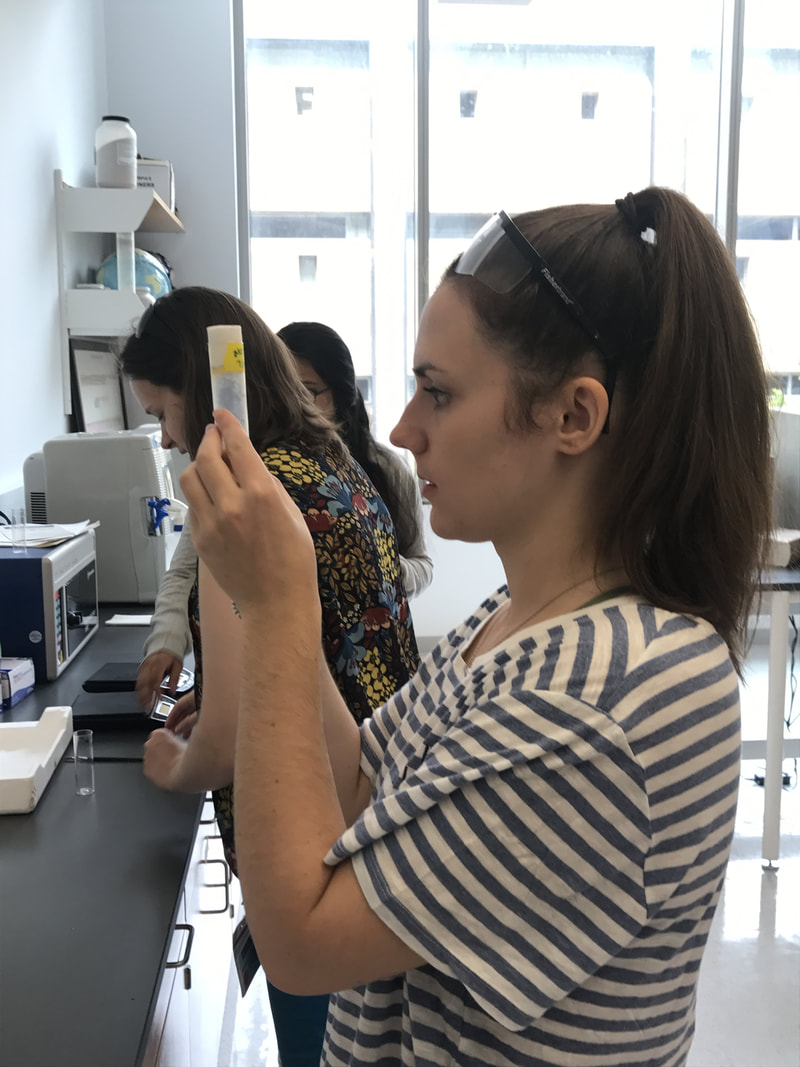
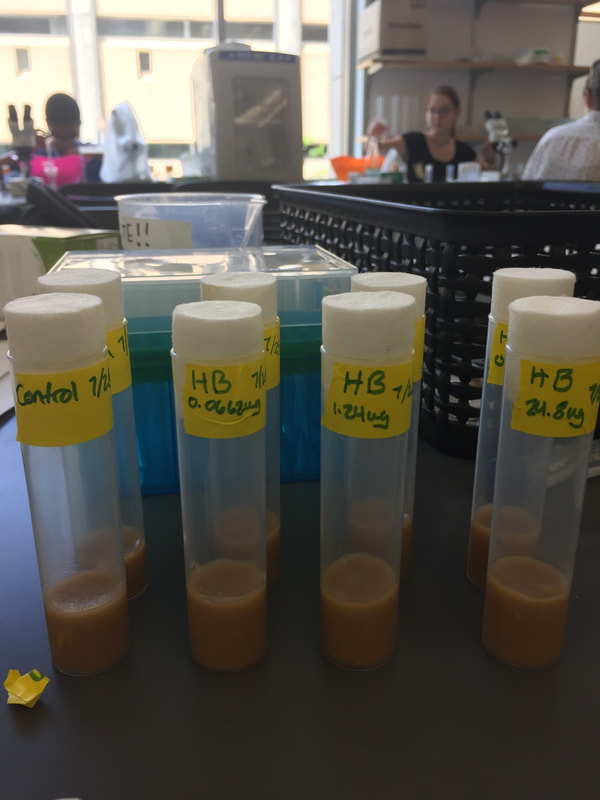
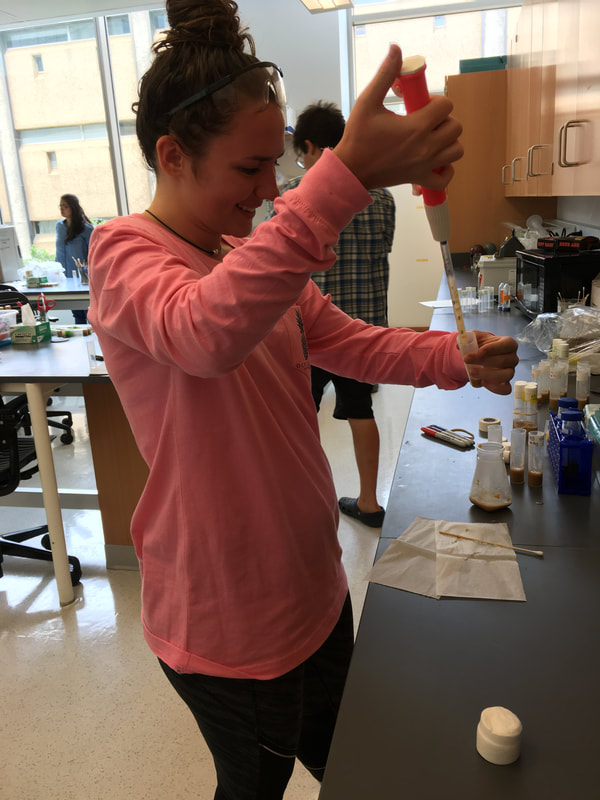
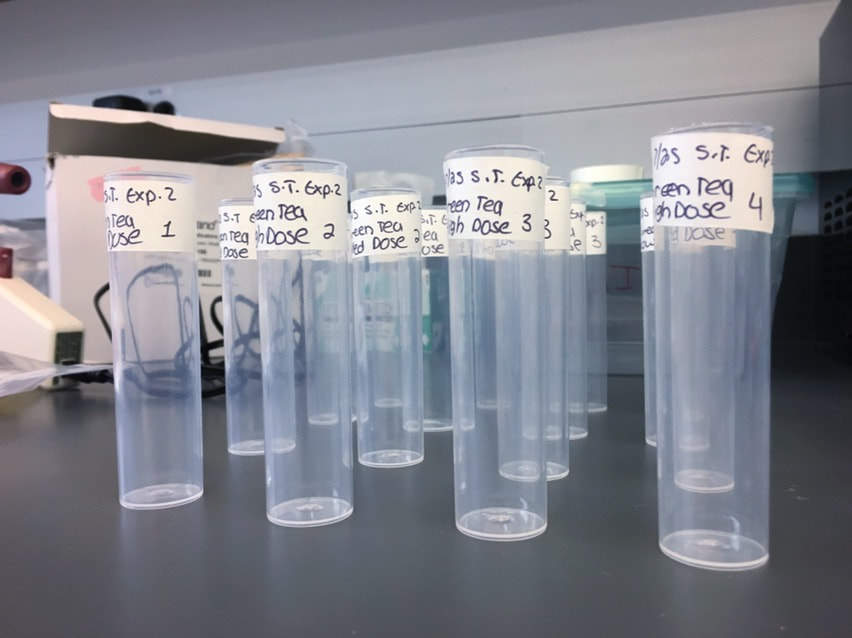
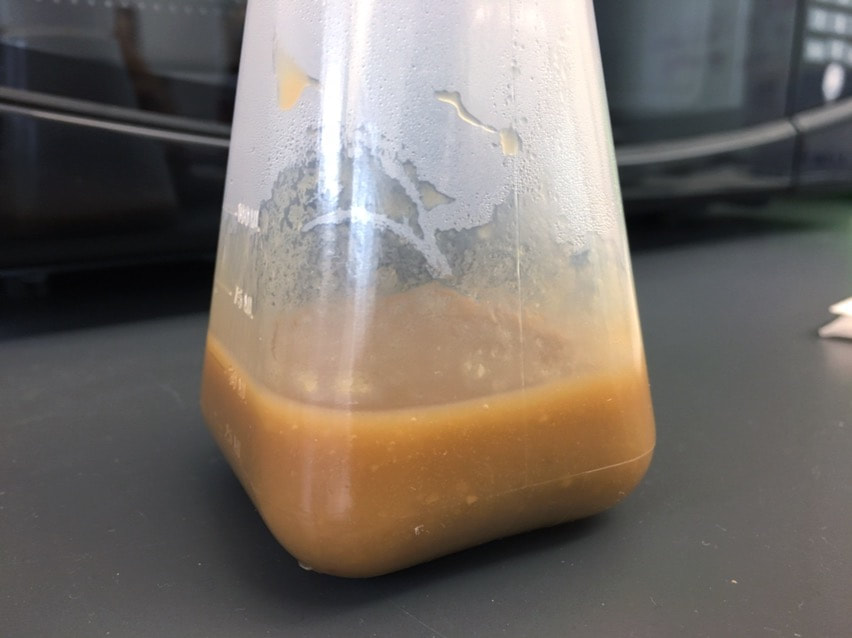
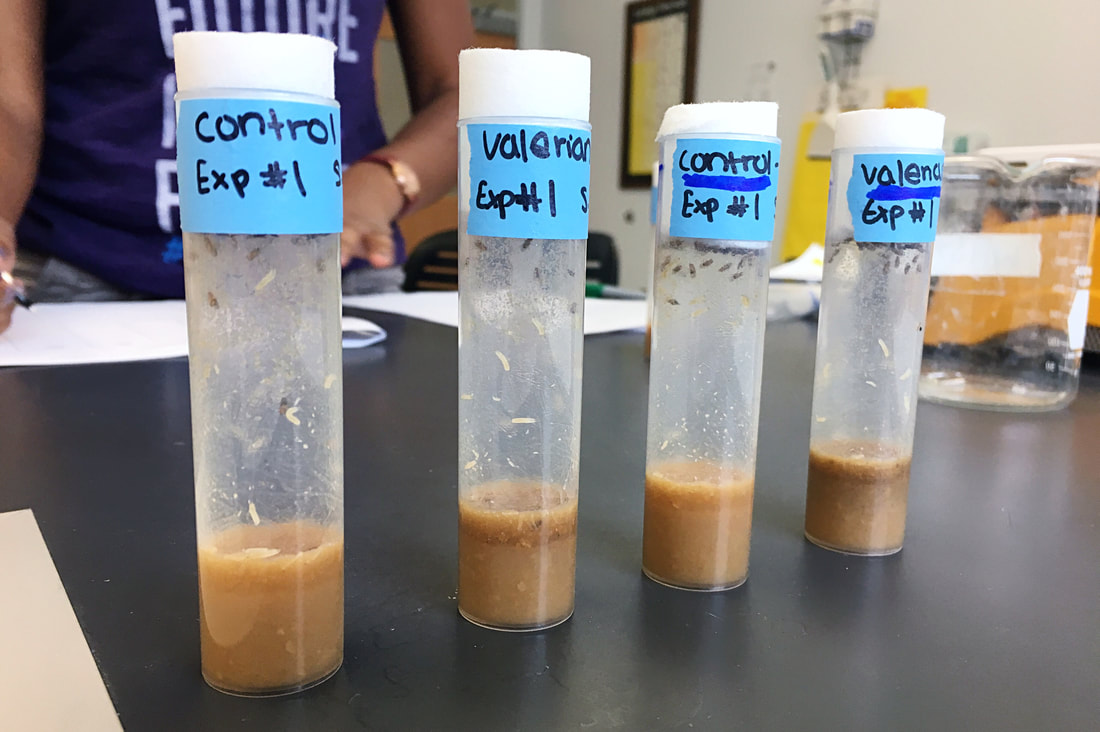
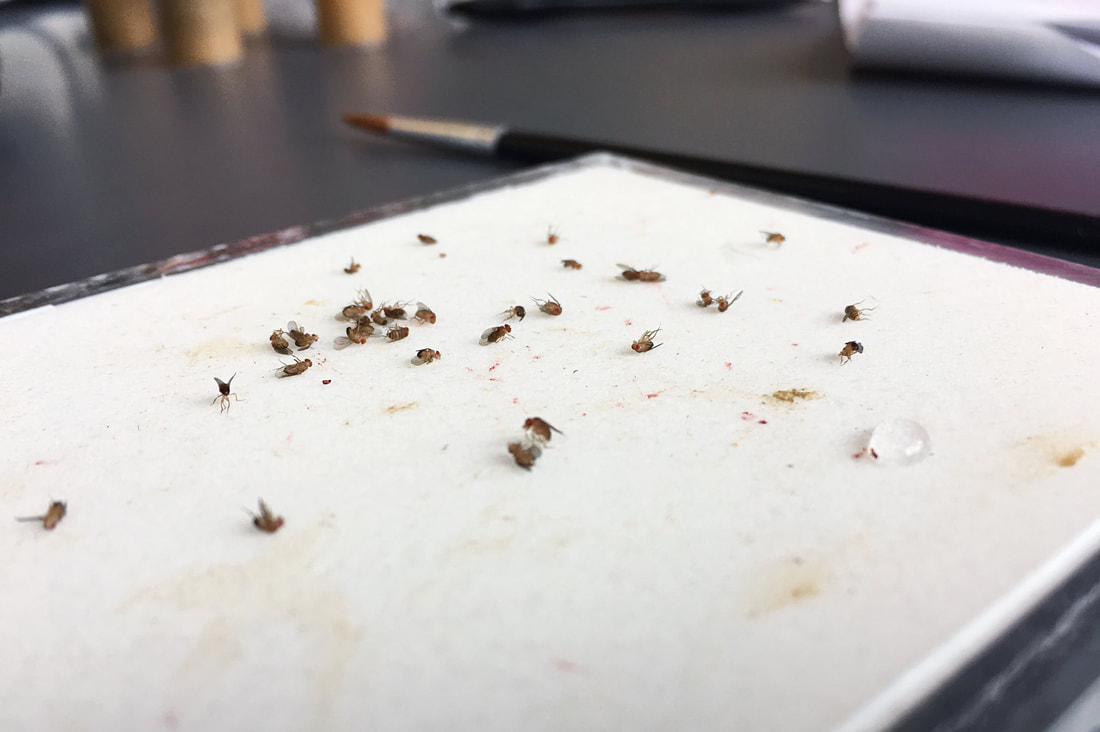
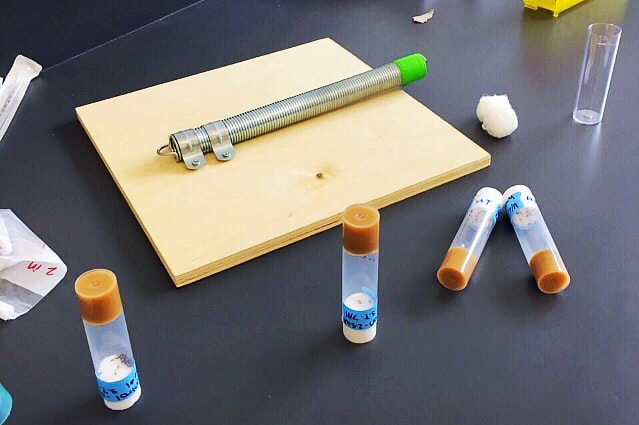
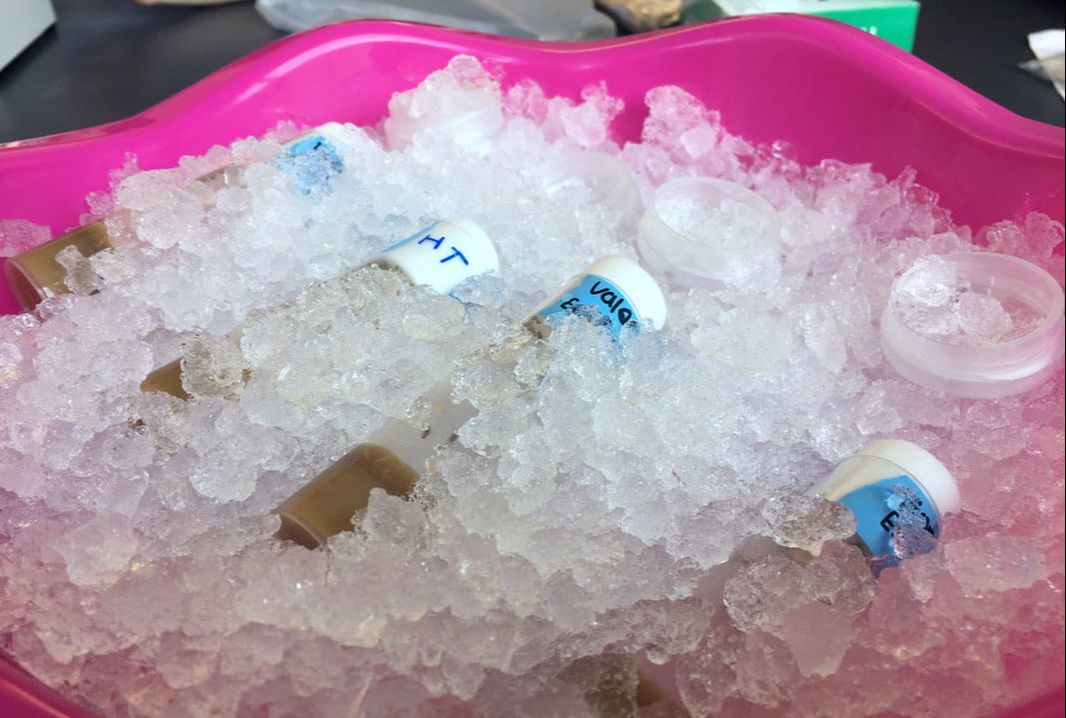
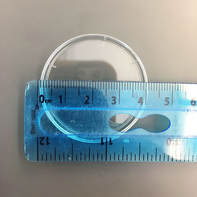
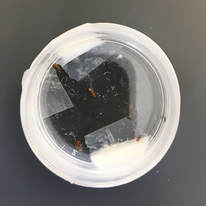
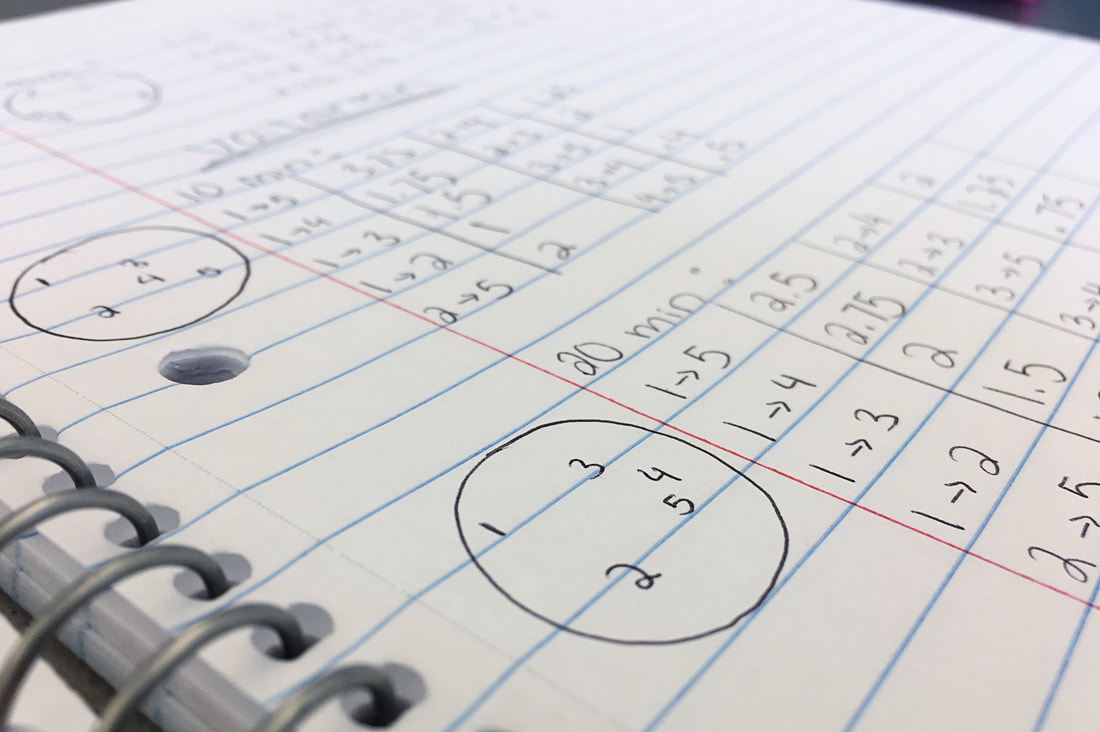

 RSS Feed
RSS Feed